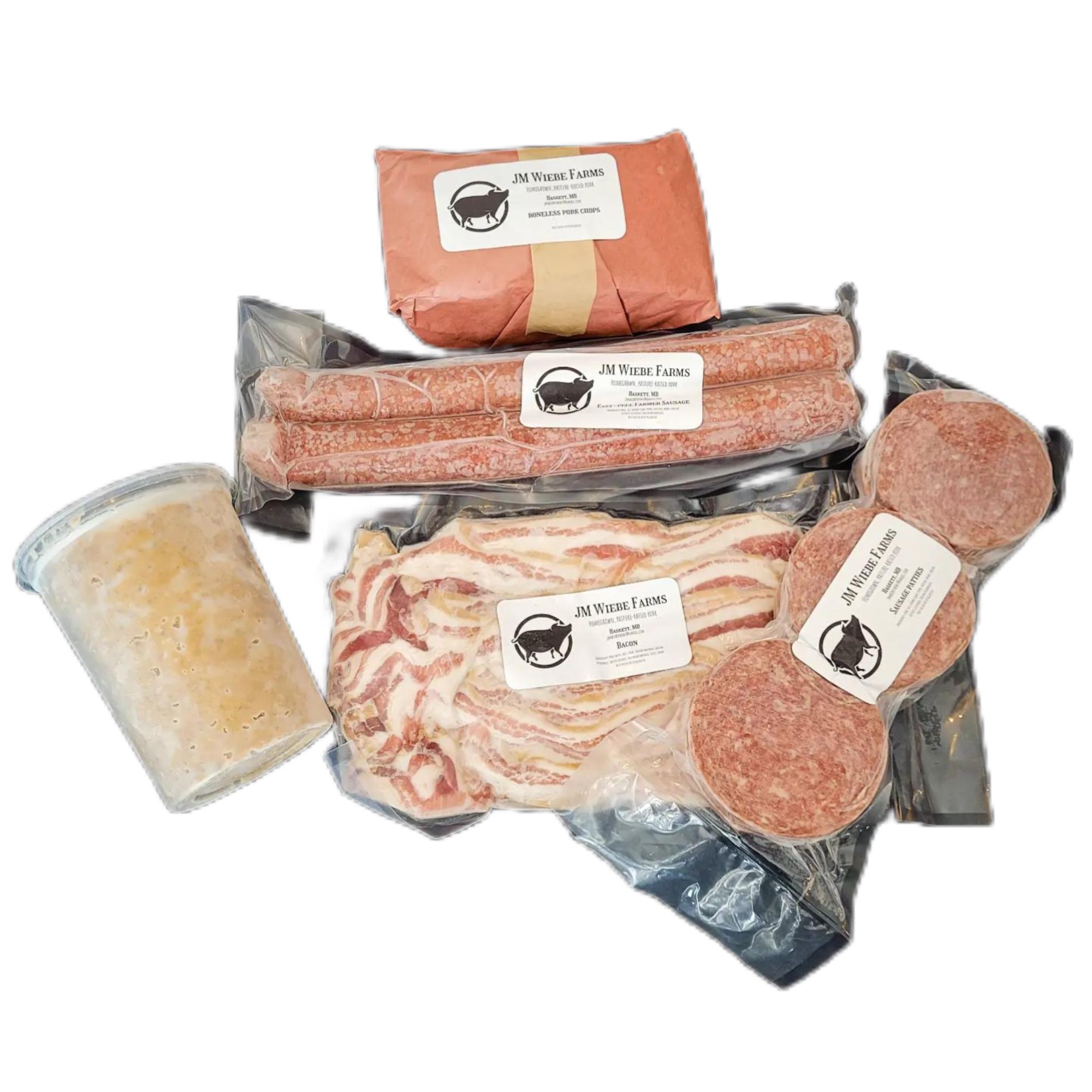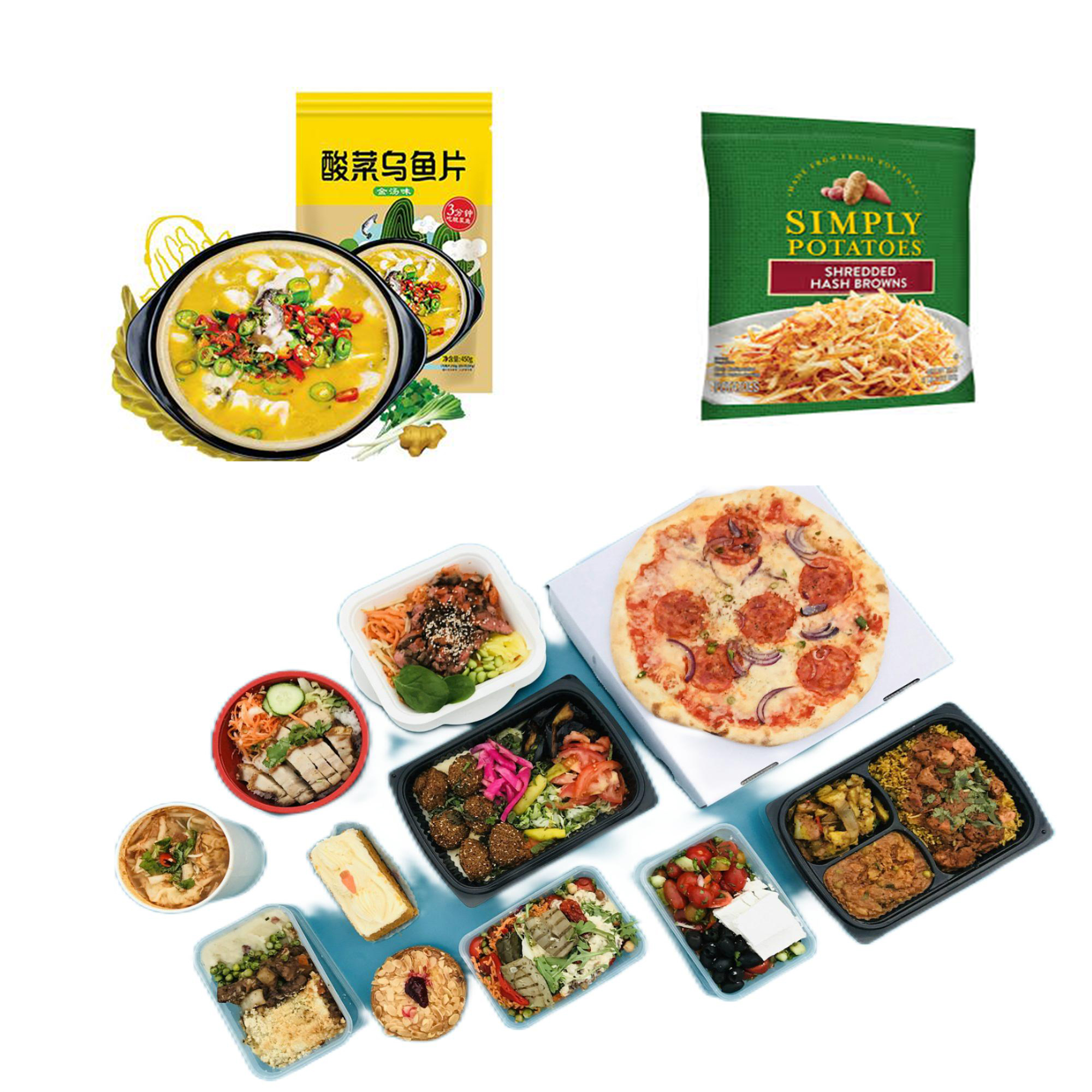Introduction
Grain bagging machines play a pivotal role in agricultural operations by efficiently packaging grains to ensure proper storage and transportation. These machines automate the process of filling and sealing grain bags, streamlining agricultural workflows and boosting productivity. Understanding the different types, features, and applications of grain bagging machines is crucial for farmers and agricultural businesses to make informed decisions regarding their agricultural practices.

Type of Grain Bagging Machines
Continuous Baggers
Continuous baggers are designed for large-scale operations. They provide a steady and uninterrupted flow of grain, directly feeding into the machine’s throat. This type is ideal for high-volume bagging where speed and consistency are crucial.
Batch Baggers
Batch baggers operate in a batch mode, where grains are manually fed into the machine’s hopper before being sealed. This type is suitable for smaller farms or situations where precision in filling is a priority.
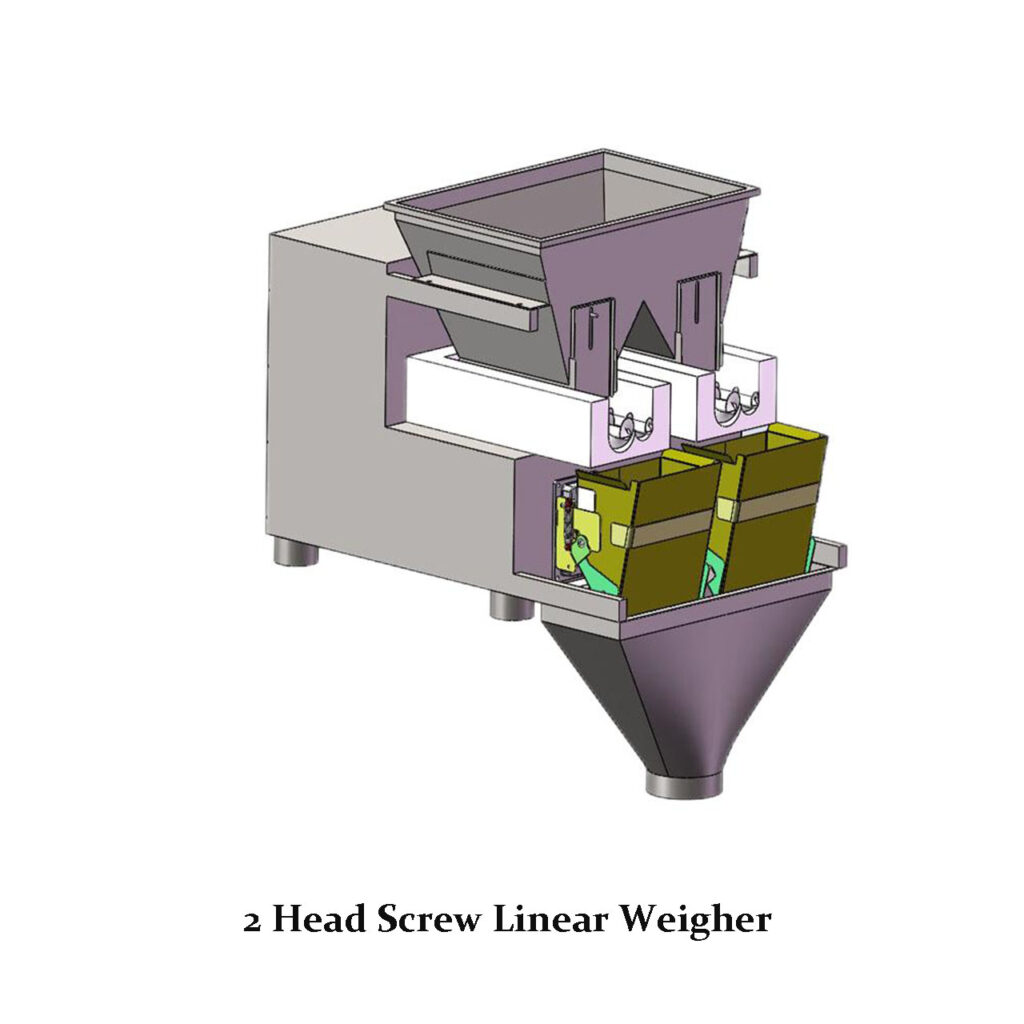
Benefits of Using Grain Bagging Machines
Enhanced Efficiency
Automating the grain bagging process significantly reduces the time and labor required. This allows farmers to focus on other critical aspects of their operations.
Improved Grain Quality
By ensuring secure and precise bagging, these machines help maintain the quality of the grain during storage and transportation. The risk of contamination and spoilage is minimized.
Cost-Effectiveness
Investing in a grain bagging machine can lead to long-term cost savings. Reduced labor costs and minimized grain waste contribute to better profitability.
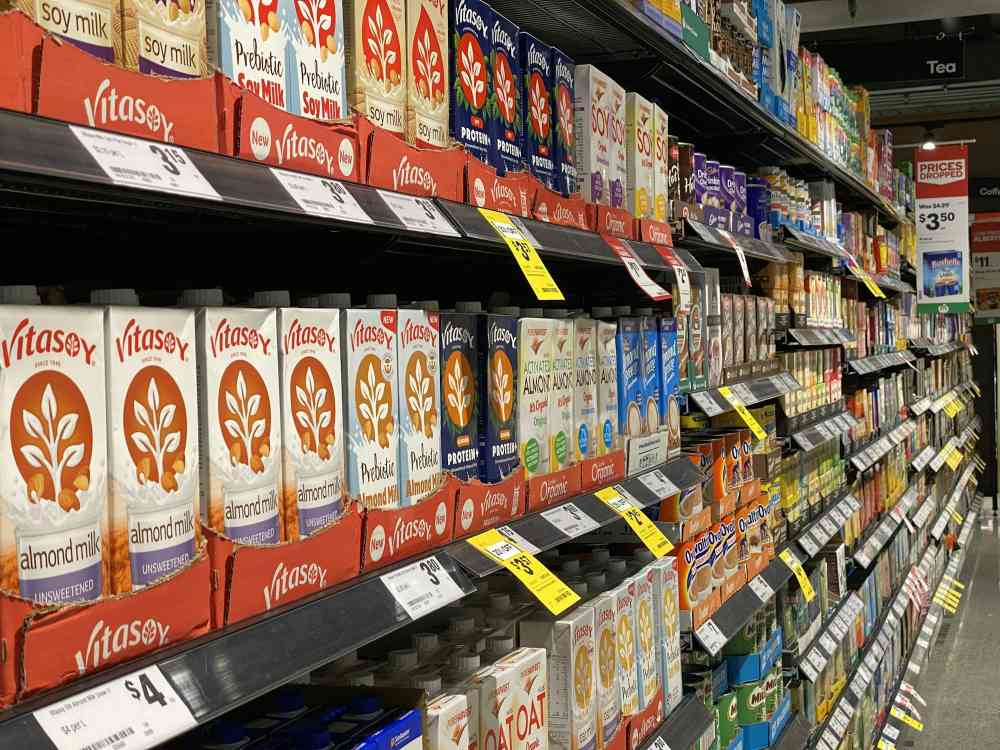
Application of Grain Bagging Machines
In crop production, these machines are widely used to bag grains such as corn, soybeans, wheat, and barley. The bagged grains can be used for storage, transportation, or direct sale to consumers. In addition, grain bagging machines find application in the handling of other agricultural products like seeds, fertilizers, and even organic materials.
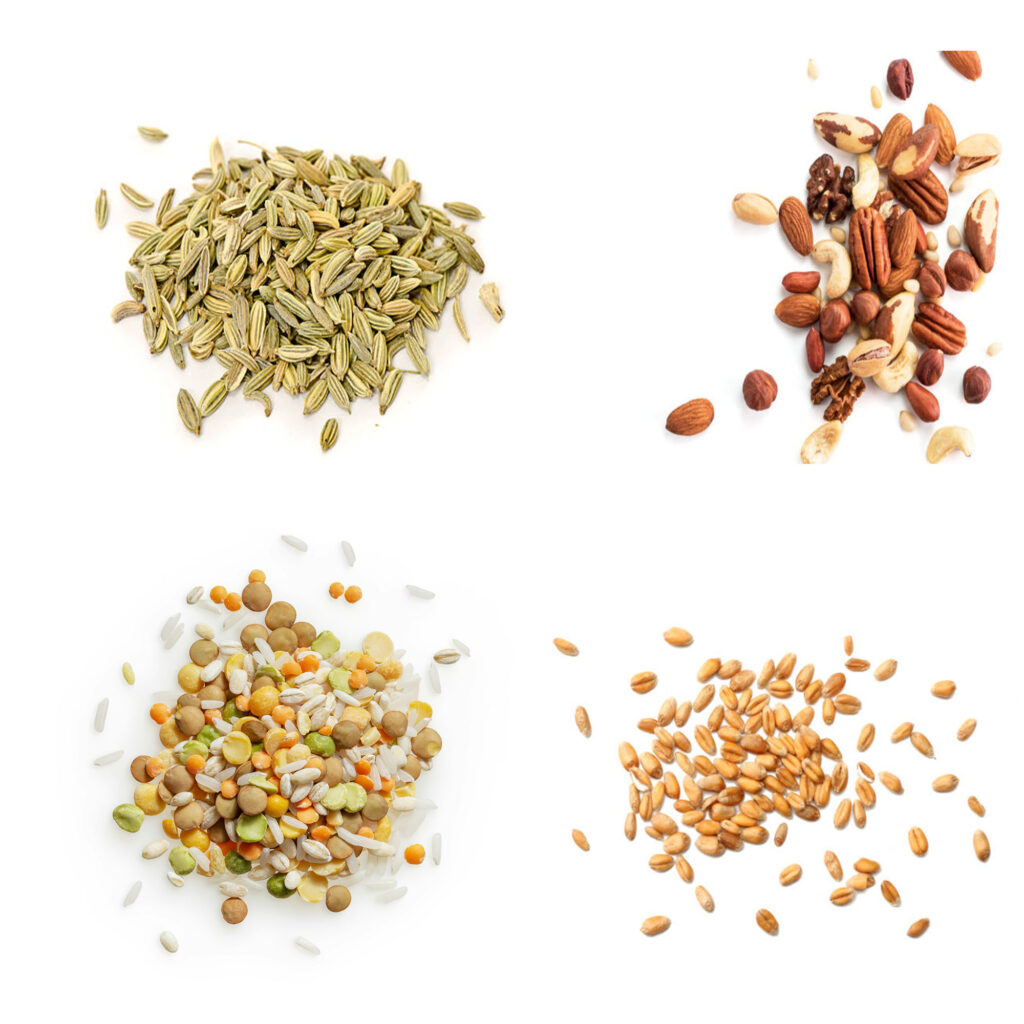
Frequently Asked Questions
How Do I Choose the Right Grain Bagging Machine?
When selecting a grain bagging machine, consider the following factors:
- Farm Size and Type: The scale of your operations will determine whether you need a continuous or batch bagger.
- Grain Volume: Assess the amount of grain you need to bag regularly.
- Desired Throughput: Evaluate how quickly you need the bagging process to be.
- Portability Needs: If you need to move the machine frequently, opt for a portable model.
Are Grain Bagging Machines Easy to Maintain?
Yes, most modern grain bagging machines are designed with user-friendly maintenance in mind. Regular cleaning and occasional servicing are usually sufficient to keep the machine in optimal working condition.
Can These Machines Handle Different Types of Grains?
Absolutely. Grain bagging machines are versatile and can handle various types of grains such as corn, soybeans, wheat, and barley. Some models are also suitable for bagging seeds, fertilizers, and organic materials.
Conclusion
Grain bagging machines are vital tools in modern agricultural practices. By automating the process of filling and sealing grain bags, these machines enhance efficiency, reduce labor costs, and ensure proper storage and transportation of agricultural products. Understanding the different types, features, and applications of grain bagging machines empowers farmers and agricultural businesses to optimize their agricultural operations and achieve greater profitability.
When selecting a grain bagging machine, several factors must be considered. The size and type of farm, the volume of grain to be bagged, and the desired throughput are crucial considerations. Additionally, the availability of power sources and the need for portability should be evaluated. Leading manufacturers offer a diverse range of grain bagging machines to meet the specific needs of agricultural operations.
If you are unsure which machine would be a good fit for your company, contact BG Machinery.
At Bengang Machinery, we can help you find the perfect machine for your needs. We have a wide selection of machines and knowledgeable staffs.





